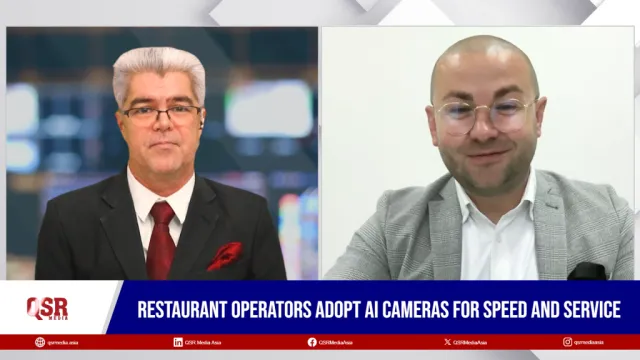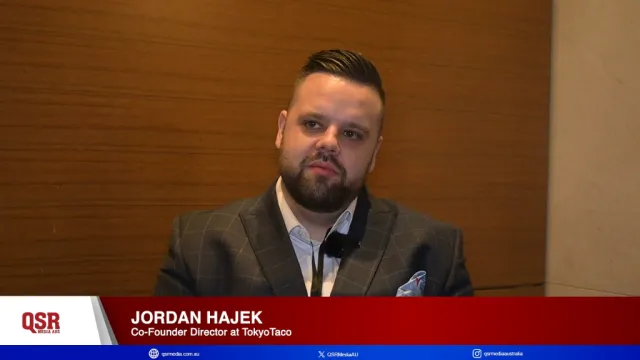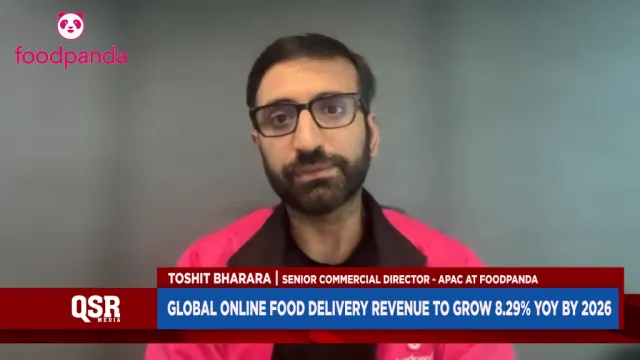Join the community
Most Read
1. Japanese sushi giant adds Sushi Sushi to 430-restaurant empire 2. Guzman y Gomez profits jump 44.9% despite US wider losses 3. Weekly Global Wrap: Singles embrace fast food dates; Steak n' Shake bans microwaves; Pizza Hut Korea sold to private equity 4. Grill’d adds chicken to Oscar Piastri burger range 5. Why chicken leads the UK QSR marketResource Center
Awards
Sep
22
Events
Event News
Executive insights
QSRs go digital as e-wallet use surges
As ordering moves to apps and kiosks, brands risk losing their identity.
















Commentary
Chef-less kitchens are helping quick service restaurants scale faster, smarter and with fewer risks
Chef-less kitchens are helping quick service restaurants scale faster, smarter and with fewer risks
How restaurants can own more customer relationships
The ‘three order’ rule that could transform your retention strategy
The New Growth Engine for QSR Brands: Data-Driven Loyalty
Solving Insurance Headaches Across the QSR Spectrum
Numbers Into Nourishment: How Hospitality Businesses Can Grow With Data
The Customer Retention Revolution: The predictive approach to preventing churn
Four ways restaurants can innovate and experiment to grow in 2025
People want experiences – but not at the cost of food & beverage
Quality Control: The Blueprint for Brand Consistency
Tackling Food Waste as a Sector: Five Ways Technology Can Help
Tackling Food Waste as a Sector: Five Cost Saving Measures
Tackling Food Waste as a Sector: Embracing Sustainable Consumers and Navigating New Regulations
Revolutionising Foodservice: Crafting Nutritious, Delicious and Sustainable Food & Beverage Solutions
How Open Banking helps franchises win new customers, enhance operations and manage finances
Recent food safety changes may leave food businesses non-compliant
Self-awareness as a key ingredient in QSR success